|
In our line of work we meet women daily who suffer from Pelvic Pain and one of the most common emotions that is expressed by these women is frustration. Frustration of not feeling heard, frustration of the multiple medical appointments they’ve attended with very few answers, the frustration of their symptoms and the impact they have on their physical health, their emotions, their sexual function and their work and social lives, the frustration of feeling like they are running in circles getting nowhere. As The International Association for the Study of Pain defines, pain is "an unpleasant sensory and emotional experience associated with actual or potential tissue damage, or described in terms of such damage”. In other words, pain is something that affects us both physically and emotionally and may be related to tissue damage e.g. a papercut, or in the absence of tissue damage, for example a headache. In relation to pelvic pain, determining the source can be an incredibly lengthy, difficult and emotional process. You can appreciate why when you look at the list of conditions that can cause pelvic pain: period pain, IBS, vulvodynia, endometriosis, vaginismus, bladder-related pain… the list goes on. However, you can most definitely start learning about pain, how to better manage your pain and improve your overall pelvic health before a firm diagnosis is made. So where do we start? Understanding pain. For women experiencing pelvic pain or anyone working with women experiencing pelvic pain we first need to understand it- what is it and why do we experience it? Pain is complex and can be influenced by a number of factors; hormones, stress, activity levels are just a few. However, when we understand the process that is involved in experiencing pain and how our body and mind perceive it we can greater recognise how it behaves and therefore start to take some of the control back. Happy Pelvis Pain can have a snowball effect on our overall pelvic health. As mentioned earlier, it can cause irritability of the bladder, constipation or issues defecating, pain during or after intercourse or changes to our libido. By managing these symptoms, we are helping create a healthy and well- functioning pelvis. Looking beyond the pelvis Muscle spasm or tension is commonly present when we are in pain, yet another protective mechanism our body puts into place. This can impact not only the pelvic floor but other areas throughout the body; gluteals, hip flexors, abdominals etc. The intent of this spasm or tension is to limit our movement and therefore function so as to avoid injury or damage. It’s a lovely thought by the brain but often the muscle spasm itself intensifies our pain or exacerbates our other symptoms. Massage, stretches, gentle exercise, heat therapy etc can all be utilised to assist in reducing this muscle tension. Graded return to movement / exercise When it comes to managing Persistent Pain – slow and steady wins the race! It is a matter of re-programming the body and the brain that movement is not harmful, and this cannot be rushed. An experienced clinician can guide you in the return to appropriate and safe movement and exercise. What are realistic outcomes? This is an incredibly difficult question to answer. I encourage women to think about some short and long term goals they would like to achieve ensuring they are realistic in terms of being attainable and the time frame set. The outcome is often dependent on the pain condition, any diagnosis that has been made, the length of time the condition has been present and of course the individual. If we use the example of a young lady with vaginismus, the involuntary spasm of the pelvic floor muscles often making penetrative sex difficult and painful. An example of a short term goal
Every woman’s journey is unique with their own individual hurdles to overcome and goals to achieve. The frustration we are met with when first meeting these women is often replaced with hope, optimism and excitement that there is at long last, light at the end of the tunnel. By Shea Vincent Pelvic Floor Physiotherapist
0 Comments
With Summer right around the corner I thought this was the perfect opportunity to check in with ourselves and assess our goals and desires when it comes to our physical health and appearance. In particular for those women who have had a baby this year and may be coming to terms with the fact that their bodies aren’t as they once remembered. There is a lot of pressure out there for post-partum women to bounce back to their pre-baby bodies. The images we see on Instagram are often of women flaunting their nice toned abs in low waisted bikinis with not an ounce of cellulite or a stretch mark in site. Our rational mind tells us that these images have been edited and glitzed up to the max yet we can’t help but look in the mirror and compare our curves, lumps and bumps, jiggly bits and scars to the image we have just seen. However, by doing this, we are completely undervaluing the journey our incredible bodies have been on over the recent months or years. Your body has conceived a baby, grown it over a period of 9 or so months and birthed it via a vaginal delivery or caesarean. Is your body therefore ever likely to be the same again? No – it’s better! Your pre-baby body was never this capable, resilient, strong and overall, damn impressive. Naturally, there are days where I feel self-conscious about elements of my body and mentally write up a wish list for smaller thighs or less jiggly bits, but on other days I am utterly amazed at what my body is capable of. Often this is when I’m watching my son in his element, reminding myself that my body, with the help of his Dad of course, created this incredible little person. If only we saw ourselves through the eyes of our children, perfect in every way. Our children don’t see “our flaws” as we seem them, instead they see the humour in our squishy tummies or how our bum jiggles when we dance around to the Wiggles. They don’t judge us based on our physical appearance, rather the love we have for them and in return their love for us is one that is pure and unconditional. If only we could learn to love ourselves in the same way. At 3 years post-partum I reflect on my journey in regaining my physical strength and fitness after having my son. It took me at least 18 months to gradually increase my strength and fitness to resemble where it was pre-pregnancy. However, I adapted how and why I was exercising. I forwent my gym membership and bought some equipment for home as getting to the gym was no longer feasible. I opted for shorter workouts to make it more achievable around a sleeping baby initially and then a busy work-life schedule later on and I opted for a stretching session or a day of rest if my body was telling me it wasn’t up for it on a particular day. The reasons I exercise now, in addition to the benefits to my mental health, are to be fit enough to run after my son as he flies down the hill on his scooter and strong enough to lift his dead weight from the couch to his bed after he flakes out after a huge day at day-care.
Despite being proud of what my body has achieved over the past few years and admiring the strength in it I never knew I had, I still have stretch marks, a mild abdominal separation and my tummy jiggles when I run. Would I change my ‘battle scars’ for anything – absolutely not! So this Summer, rather than be our own worst critics, let us look at ourselves through our children’s eyes and try to love ourselves and our bodies for all that they’re capable of – battle scars and all. Shea xx The first lockdown this year, back in March, for me, actually brought a sense of relief, of freedom, of time. I quite enjoyed the uninterrupted weeks to spend quality time with my small family, to get things done and to breath a sigh of relief from the relentless schedule we’d found ourselves trapped in.
Additionally, my husband was working from home full time. For me, that meant not being a solo parent from 7AM - 7PM every day. If a patient ran late, or if there was an emergency mastitis client to squeeze in, I wasn’t doing acrobatics to make it happen. If I was home 30mins late, it was no biggie. I wasn’t making lunches or screaming down the hall “5 MINUTE WARNING” every morning. It didn’t really matter if the laundry wasn’t done, sometimes, I wasn’t even having to cook dinner because hubby was enjoying some freedom himself to create in the kitchen. For the first few weeks, we didn’t really miss anyone, we were enjoying our company, playing lots of card games and generally having some down time from our usually frenetic work, social and extracurricular activities. Now I sit here on a rainy Saturday in the middle of September and I feel quite different. Writing the above, I can still see the appeal in this unusual forced rest, but now instead of feeling cocooned, I feel trapped. I’ve noticed despite doing less, I’m more tired. Despite having more time to explore hobbies, our range of weekly activities has whittled down to a predictable few. My patience with the kids is fraying. I’m stressed about us all putting on weight. Gains and skills that the kids were making in sports are being forgotten or lost. We’re becoming less and less creative as our world and exposure to experiences shrinks and shrinks. So I’ve learnt a few things this year. About myself, about my family and about balance. It turns out, I can feel trapped in two very different ways. Trapped by commitments to be everywhere and do everything, and trapped being unable to go anywhere or do anything. Like all things, everything is good in moderation. Too much of anything can be a bad thing. Too much work, too little work, too much family, too little family, too much to do, too little to do, too much stress, too little to stress about. Balance. The isolation and rest that COVID has forced on us, has had some silver linings. There are some pearls I will strive to keep and remember to implement in the coming years as life goes back to its normal pace. But as humans, we are programmed to explore new territories, to navigate challenges, to connect and communicate with a wide range of people. I’m looking forward to travelling far and wide again, meeting people and connecting, smiling, laughing. But I will look back on 2020 with mixed feelings, remembering some of the important things I learnt about balance. In 2020. What does it mean to be female? To be a woman?
Our mother’s and grandmothers have bravely fought for our position in society. Whether it be to be educated, to vote, to work. The battle to stop abuse is still very much being fought as is the battle to be paid equally to our male colleagues. I am a grateful recipient of this monumental bravery and effort by the women who have come before me. But I’ve noticed a problem. We have been trying to value ourselves by emulating traditional male roles in society. And in doing so, have we devalued the traditional role of female’s? To grow life, birth life, sustain life, create strong homes for mental and physical foundations, to provide food and clean clothes, to create a community, a social network, to catch everyone when they fall, to pick up the pieces and rebuild. To provide constant love, support. To create and sustain a home. I love that we have a choice. I have personally, as have almost all of my peers had the opportunity to choose our life. What I, and most of my friends have chosen though, is to (try) to do it all. Which has, inevitably left us feeling incredibly tired and guilty. Tired because it’s impossible, and guilty because it’s impossible to do everything well. I wonder if instead of fiercely trying to prove our worth and value by taking on roles traditionally held by men - we instead had been able to shift community thinking to simply value the traditional role of women. To consider that in fact the main job in the household, and in life, is being done at home. That the support person is actually the person leaving the house to be paid. I think we had/have to get attention by proving we have the brainpower, the ability, the guts to do anything a man can. We had to stamp our feet, wave our bra’s, go to war (sometimes literally), so we can now say - “Hey! We’re not second rate citizens because we are awesome at bringing life to the world and nurturing that life. Yes it’s an unpaid and therefore undervalued position in society, but we’re doing it not because we can’t do anything else but because it is The Most Important Job in The World!” I guess I’m saying, maybe feminism needs to keep going, maybe the real goal of feminism is to come full circle. Not to try and be men, but to recognise that we are different - and that means we have to grow and birth and feed the next generation. Maybe the goal of feminism needs to be: To uphold the role of a woman as giver of life, nurturer of life and (if she chooses) home-maker and caregiver. That way, women really do have freedom. The freedom to choose, and be respected and valued for either choice. And if the role of caregiver and homemaker is seen as The Most Important Job in the World, then maybe more men would try to do it, just like we’ve been desperately trying to do jobs outside the home. And maybe. . . that’s what equality looks like. Come to get out Come to get fit Come to have company Come to not sit Come with your baby Come with your mum Come with your sister Come to have fun Come to be present Come to work out Come with hair done Come with it out Come when you’re psyched Come when you’re mad Come when you’re tired Come when you’re sad Come when you’re young Come when you’re old Come when you’re pregnant Come to be bold Come for a sweat Come for a smile Come for a sob Come for awhile Come as you are Womankind Studio It’s your time By Kym x Breastfeeding. We’ve done it since the dawn of time. And yet, before having a baby, we rarely stop to consider that it might be harder than it sounds! By the time we give birth we’ve heard from many well-meaning family members and health professionals that ‘breast is best’ and that ‘it is the biological norm’. So then, if we do encounter breastfeeding problems (like mastitis), it is easy to feel confused, guilty, overwhelmed or wonder ‘what is wrong with me?’ Please know that if you have/had mastitis you are not alone! In fact, mastitis affects up to 20% of breastfeeding women and occurs most commonly within the first six weeks after having a baby, but can occur at any time (Amir & Academy of Breastfeeding Medicine Protocol, 2014). Women who have had mastitis once are more likely to get it again, unless they receive the right help to correct the underlying causes. Unfortunately, women are often bombarded with conflicting information on how to best treat mastitis. And sadly, as a result women often feel that ceasing to breastfeed is the only realistic option they have. As a physiotherapist working in the field of women’s health on both a maternity ward and in a private practice, I treat many women with mastitis. It is a miserable, horrible and overwhelming time for new mothers. And it is so important that you get the right information as soon as possible. Here is some handy evidence-based info to get you started! What is Mastitis? Mastitis is inflammation of the breast (Amir & Academy of Breastfeeding Medicine Protocol, 2014). Milk ducts within the breast are designed for transporting breast milk, not for storing breast milk. Milk ducts are very easily squashed, so sometimes milk can cease to flow properly through the milk ducts due to factors like engorgement, blocked ducts etc. This results in milk products seeping from the milk ducts into the surrounding breast tissue. This causes a dramatic inflammatory response in the breast. Inflammation is essentially your immune system’s response to a stimulus that your body has flagged as a potential threat to your health and wellbeing. Your body sends all kinds of immune cells (think of these as ‘soldier cells’) to the affected area to help fight the other cells that your body thinks are the bad guys. In the case of mastitis, the foreign milk products escaping into the breast tissue are registered as foreign and a potential threat, so your body creates an inflammatory response to fight them. This is why you may feel sick, may have a fever, pain, breast swelling and redness. Taking over-the-counter anti-inflammatory medication (such as Voltaren or Neurofen) is generally safe whilst breastfeeding and can effectively help reduce the inflammation. If you are able to catch mastitis early enough, and manage the inflammation well, usually mastitis can be effectively treated without requiring antibiotics. That’s great news! (A note on infective mastitis: In some cases mastitis can be infective, but not in all. The only way of knowing whether it is infective or not, is if a milk culture is taken. As this is a time consuming process your doctor will normally decide whether or not to give you antibiotics based only on your clinical presentation. And whilst antibiotics will treat an underlying infection, they do not treat the inflammation associated with mastitis, nor do they correct the underlying factors that may have contributed to the development of mastitis. Therefore, it is important to address these other issues as well as taking antibiotics.) Common symptoms of mastitis:
Common causes of mastitis:
Here are 5 important things you can do at the first sign of mastitis:
In summary, don’t suffer in silence! Pay attention to your breasts. Trust your intuition and listen to your body. If something doesn’t feel right seek help as soon as possible. There is plenty of help for mastitis and breastfeeding problems out there. By Christel Weston. Womankind Physiotherapy. References
Amir, L. H., & Academy of Breastfeeding Medicine Protocol, C. (2014). ABM clinical protocol #4: Mastitis, revised March 2014. Breastfeed Med, 9(5), 239-243. doi:10.1089/bfm.2014.9984 Cooper, B. B., & Kowalsky, D. (2015). Physical Therapy Intervention for Treatment of Blocked Milk Ducts in Lactating Women. Journal of Womenʼs Health Physical Therapy, 39(3), 115-126. doi:10.1097/jwh.0000000000000037 Witt, A. M., Marinelli, K. A., Gill, S. L., Bolman, M., Kredit, S., & Vanic, A. (2015). Therapeutic Breast Massage in Lactation for the Management of Engorgement, Plugged Ducts, and Mastitis. Journal of Human Lactation, 32(1), 123-131. doi:10.1177/0890334415619439 It was a funny realisation in the years following my youngest’s birth. I didn’t know if I wanted another baby. I had never thought about this decision much before. I truly thought I would either have an insatiable desire for another child, a feeling I wasn’t complete, or, the exact opposite. I finite feeling of completion, a resolute understanding that we’d made our family and weren’t going back for more.
What I didn’t expect was the uncertainty. Of all the feelings, that was the worst. How could I not know? Should I read into that that if I wasn’t sure, then the answer surely should be ‘no’? I mean, having a child is a huge decision and if you’re unsure, well that’s enough to say you shouldn’t, yeah? But then, if you’re not sure that you’re done, well, that clearly means, you will regret not having had another child? A wise woman once said to me…”You’ll never regret having the child once they’re here, but you may regret not having them in years to come”. But then I had two kids….and I felt many times over that I may regret the choice of going once again through that sleeplessness, those tantrums and looking squarely down the barrel of possible divorce a few times in the process. My youngest has just turned 6, and when she turned 2, then 3, then 4, the conversation came up. Birthdays tend to focus this point for us. After long frank chats together, several weeks of independent contemplation, and lots of looking at other people’s babies and re-thinking the good and the bad. Each time, we came to a ‘no’. Then when she turned 5, then 6. We stopped bringing it up. We occasionally drew up a list of pro’s and con’s. A ridiculous thing to do when making this decision, I would not recommend it. The list of con’s was stacked with immediate practicalities, financial decisions, holiday options. Then a few more touchy topics like ‘would we survive another dose of PND’, or what if our third has a disability and changes our lives as we know them much more completely then we are expecting? On the pro’s, it was one line: ‘I want one’. How much weight do you give that statement? Well, I guess it depends. And right there, in that awkward place of unknowing, risking, dreaming, dreading, is where we are left. In many ways, choosing to stop having babies is often a bigger decision then having them at all. Sure, there’s an argument that once you’ve got one, how many more you have doesn’t change your life as dramatically as the first. Which is probably true. But when do you stop? 1? 2? 3? More? Some women describe certainty, and I envy them. But many other’s, I found, are like me. We talk a lot about this place we’ve found ourselves in. Refreshingly, everyone’s ‘it depends’ actually depend on the same few topics. The decision is very black or white. Obviously. There’s no half in this decision whatsoever. So even if you don’t know, you have to sit on one side of the fence. I’ve chosen my side, and I’ve made a happy peace with it. But in many ways, it has been the biggest decision of my life. And I was so surprised I didn’t know. Because I thought I would. Becoming a Mum, it's a rollercoaster. I didn't get it right, not every time. But I picked up a few good tips and here's the shortlist 1. When feeding, prepare your area before you snuggle in, it helps to have:
3. Wear long sleeve pyjama’s to bed even in summer, getting up to kids at night is tough, but so much worse when you know you’re going to be cold. 4. Always carry wipes. That is all. 5. Embrace the big scarf or the shawl. Not only a neat fashion accessory that can be a handy cover for those little vomit stains on your top, it’s so easy to wrap about you and bubs for some privacy during a breastfeed and double’s up as an extra blanket when you live in Melbourne and get four seasons in a day! 6. Make your goal for the first few months to ‘achieve nothing’. You and I know that in fact your achieving so many tiny miracles and laying down the foundations of a healthy, happy, balanced human. But in terms of your old life, this may feel like you’re making very little progress. Go with this new rhythm. Embrace it if you can. 7. When you get out of bed to feed your baby at night, cover your sleep area with the doona otherwise it will be cold when you return to your bed and you will lose precious minutes of rest while you try to get cosy again. 8. Find a village. Family, friends, mother’s groups, play groups, facebook mum tribes. You need people with babies and kids around the same age as yours. No one else has the stamina to discuss poo’s, sleep routines, details about your nipples and breasts, food refusal, teething, leaps and thunderclouds except those who are also in that moment. You need them. You may need to find them. Go forth.
9. Learn how to do a pelvic floor muscle contraction correctly and do your exercises. You wouldn’t stretch your hamstring 3 times it’s length and do no rehab for it. The benefits of a healthy pelvic floor are far reaching and have a huge impact on your quality of life. 10. Take a photo every day of your baby. A video if you can too. You simply cannot appreciate all the little expressions, dimples, giggles, even the tantrums and the mess. Sometimes taking a photo at the worst times helps you to realise that this too shall pass. It all passes, the good, the great and the terrible. And believe it or not, you’ll want to remember and smile, laugh or cry about it all. Image By Mark Freeth. https://www.flickr.com/photos/freetheimage/14427500673 A Poem about vaginismus...
The Vagina’s are angry Angry about respect They’re closing in protest. The vagina’s are angry They don’t want to be plucked, shaved, or zapped They don’t want to be douched, or scrubbed They don’t want to be powdered and dried, You don’t know it yet But they’re closing in protest. The vagina’s are angry They don’t respond to threat’s They don’t respond to pressure You’re vagina hasn’t told you yet But it’s closing in protest. The vagina’s are angry They’ve taken a stand They’re screaming inside And are not taking appointments The vagina’s are angry You may not have got the memo Vagina’s are independent and strong Communication is key, it’s a two way street They’re closing in protest. The vagina’s are angry They want to feel safe. They need to feel nourished They respond to respect They respond to appreciation They respond, yes they respond. The vagina’s are angry But they don’t want to be They are ready, willing and able But they’ve been hurt and need care. The vagina’s are angry Let them breath, let them speak Let them stand as they are Let them not be conformed The walls will come down The screams will subside They ask for respect We all owe them that. Image: pixabay So this was exciting! But also probably the most nerve wracking thing I've done since jumping out of a plane!
Penny Johnston, has a program called Babytalk that is part of the ABC radio network. She invited me in to talk about getting back into exercise after having a baby. We discuss what happens physiologically to your body when you are pregnant and whilst you are recovering postpartum, and some of the challenges new mum's face getting back to exercise. Click the link below to have a listen! |
Welcome!Hi! Welcome to The Blog! Please be aware, Womankind Physiotherapy's blog is not intended to replace information and advice from your health care provider. For specific concerns regarding your health you must seek individualised care by your preferred provider.
Archives
March 2021
Categories
All
|
Women's Health Physiotherapists, Pelvic Floor Physiotherapists, Pregnancy Physiotherapists, Pre and Post Natal Physio, Pelvic Health Physio,
Pregnancy Pilates, Ultrasound for Mastitis, Breastfeeding Physio, Blocked Ducts, Pelvic Floor Exercise, Pregnancy Exercise.
Eltham. Yarrambat. Greensborough, Montmorency, Lower Plenty, Diamond Creek, Research, Rosanna, Yallambie, Watsonia.
Pregnancy Pilates, Ultrasound for Mastitis, Breastfeeding Physio, Blocked Ducts, Pelvic Floor Exercise, Pregnancy Exercise.
Eltham. Yarrambat. Greensborough, Montmorency, Lower Plenty, Diamond Creek, Research, Rosanna, Yallambie, Watsonia.
Copyright 2016 Womankind Physiotherapy


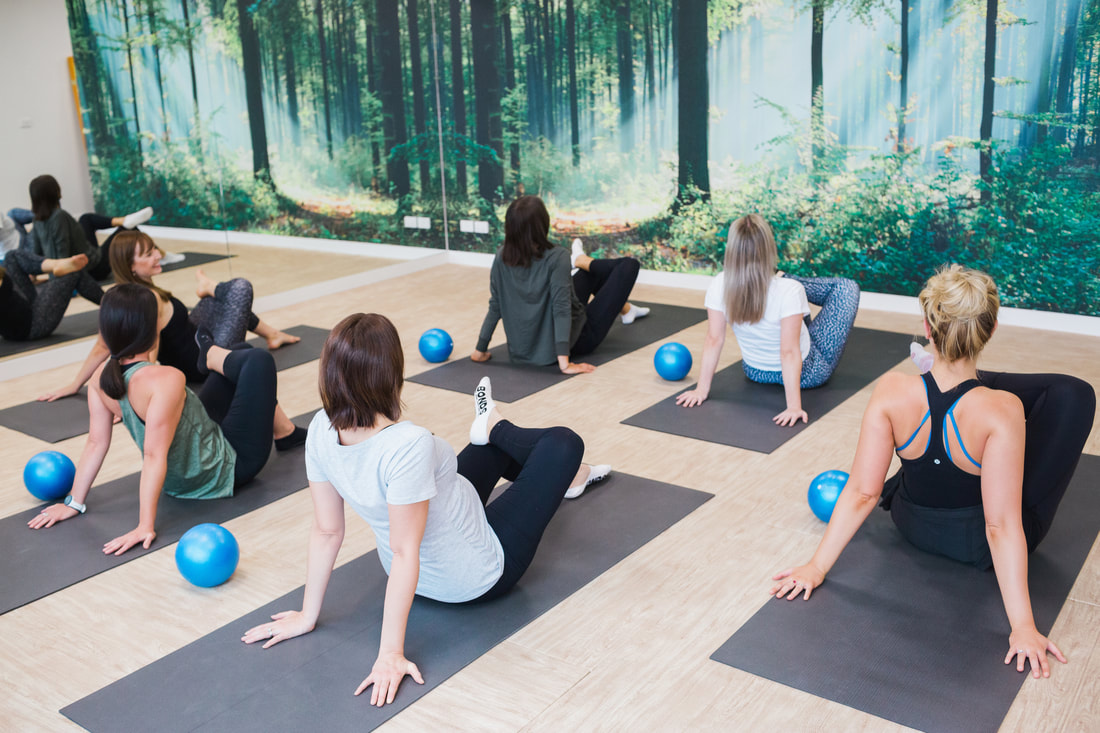
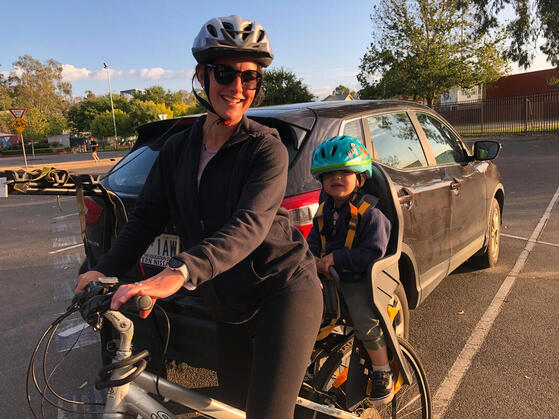
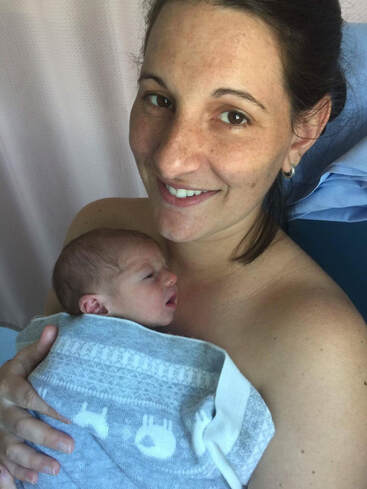
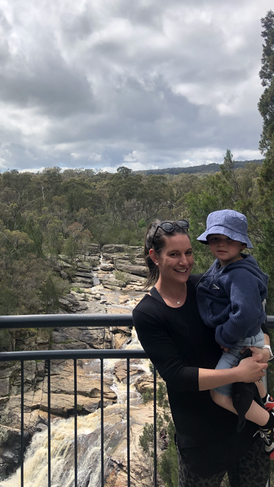
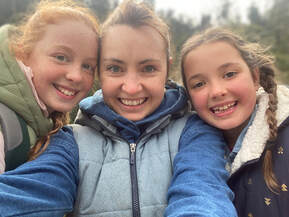
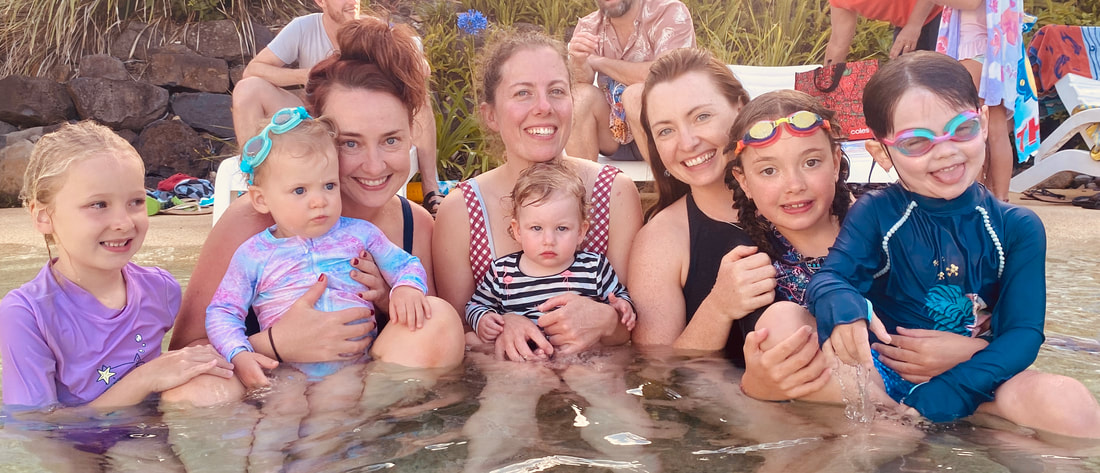
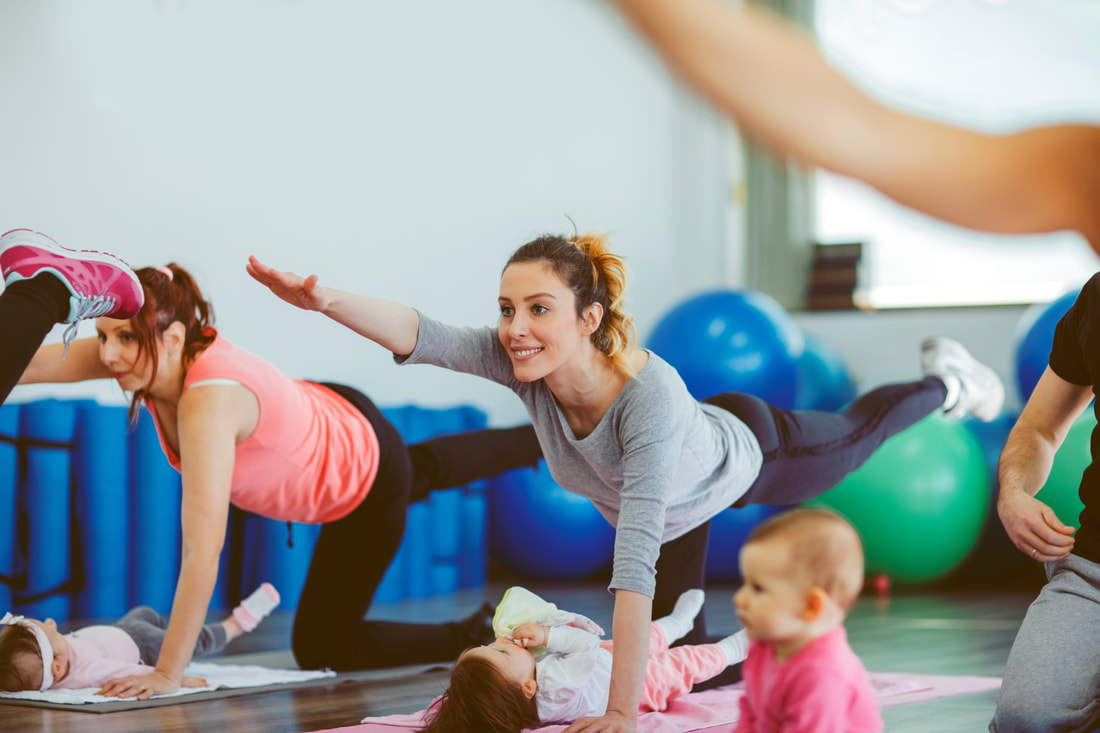
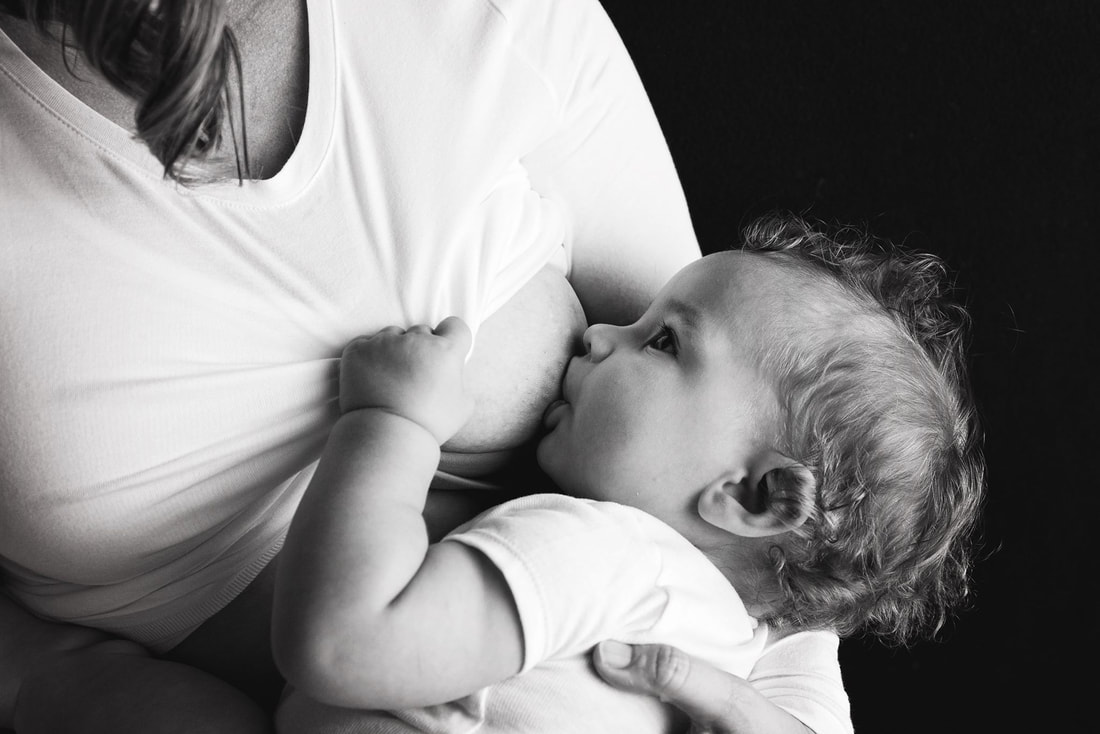

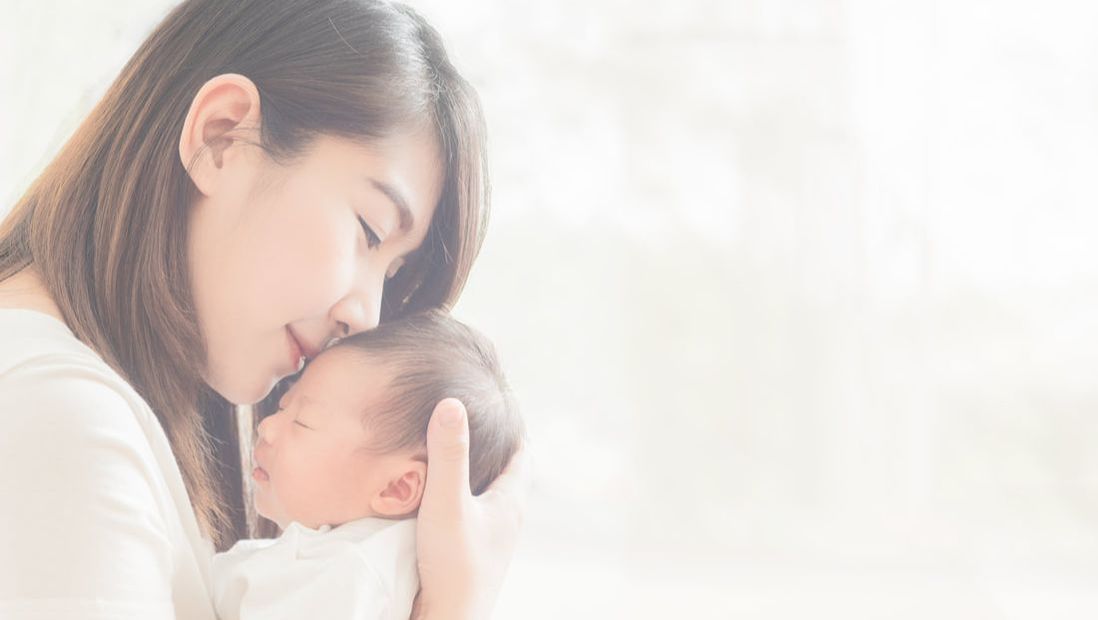
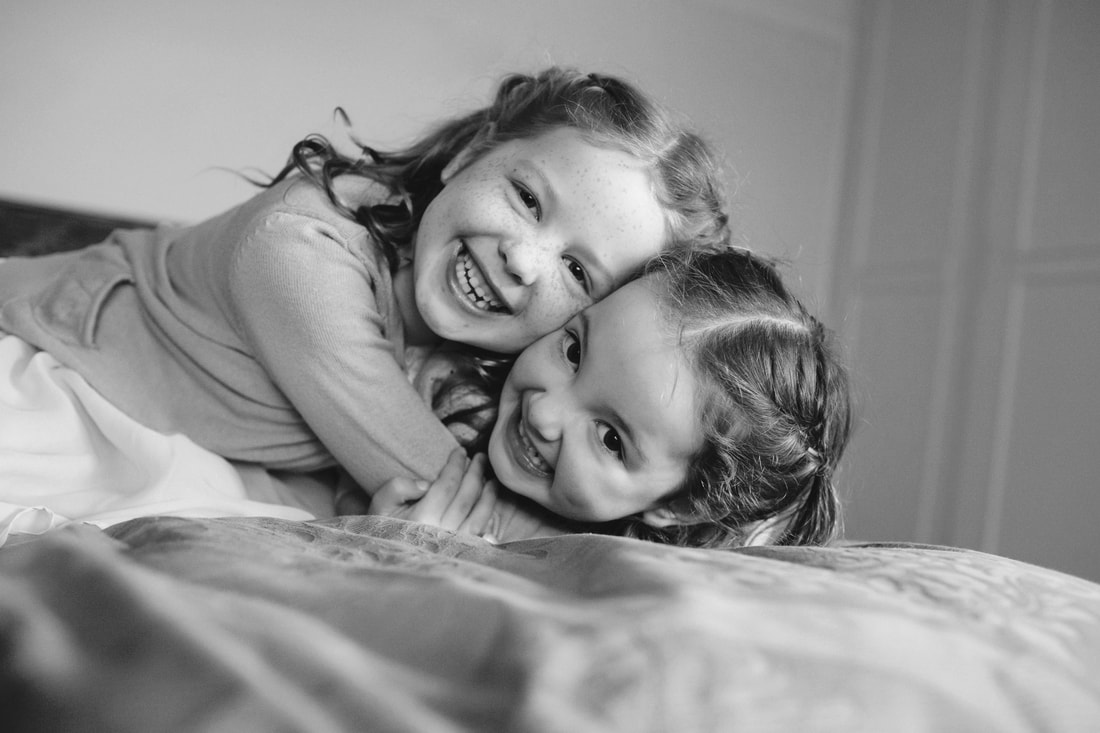
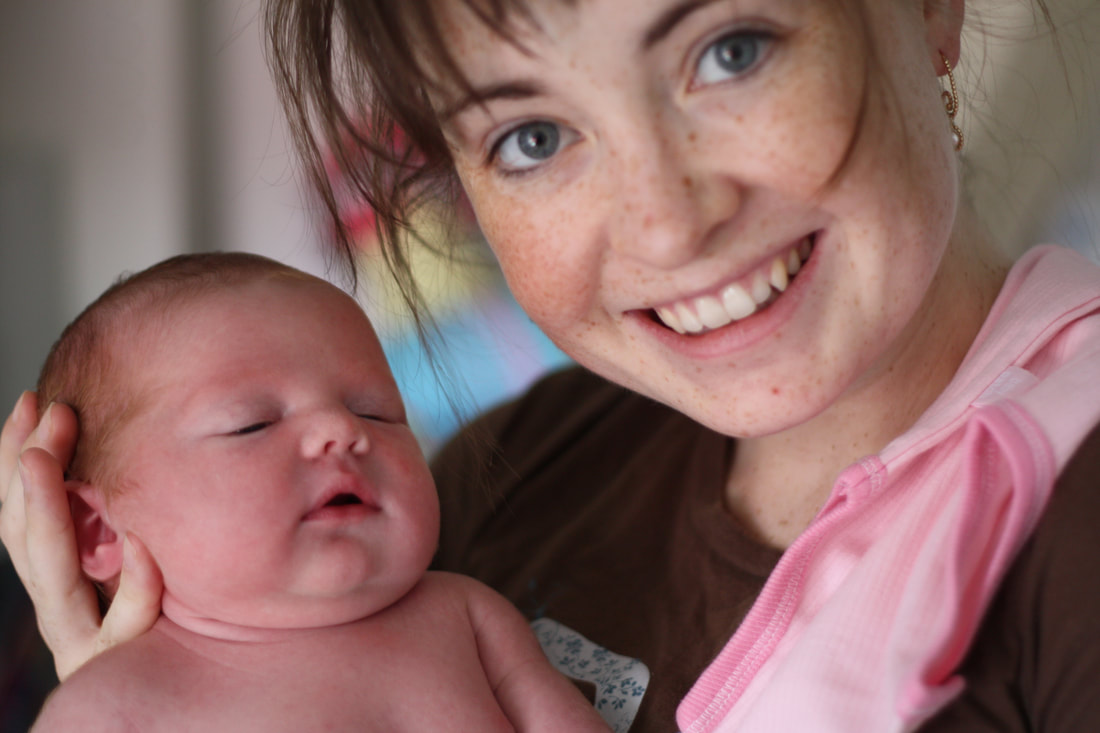
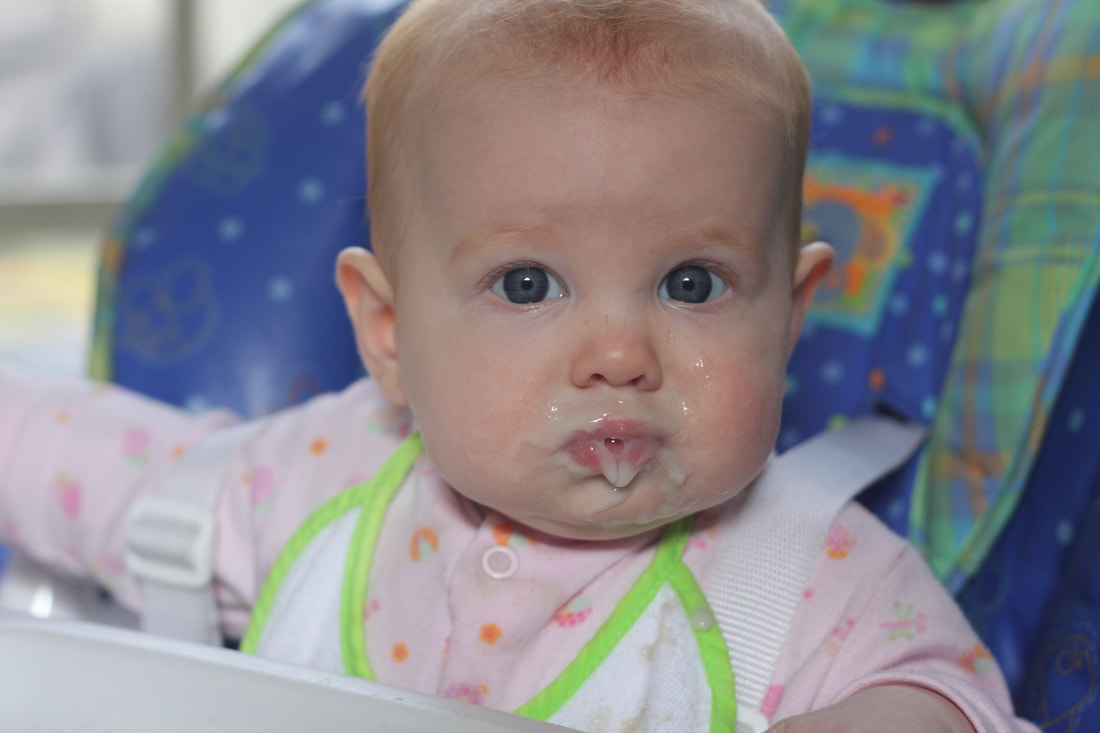
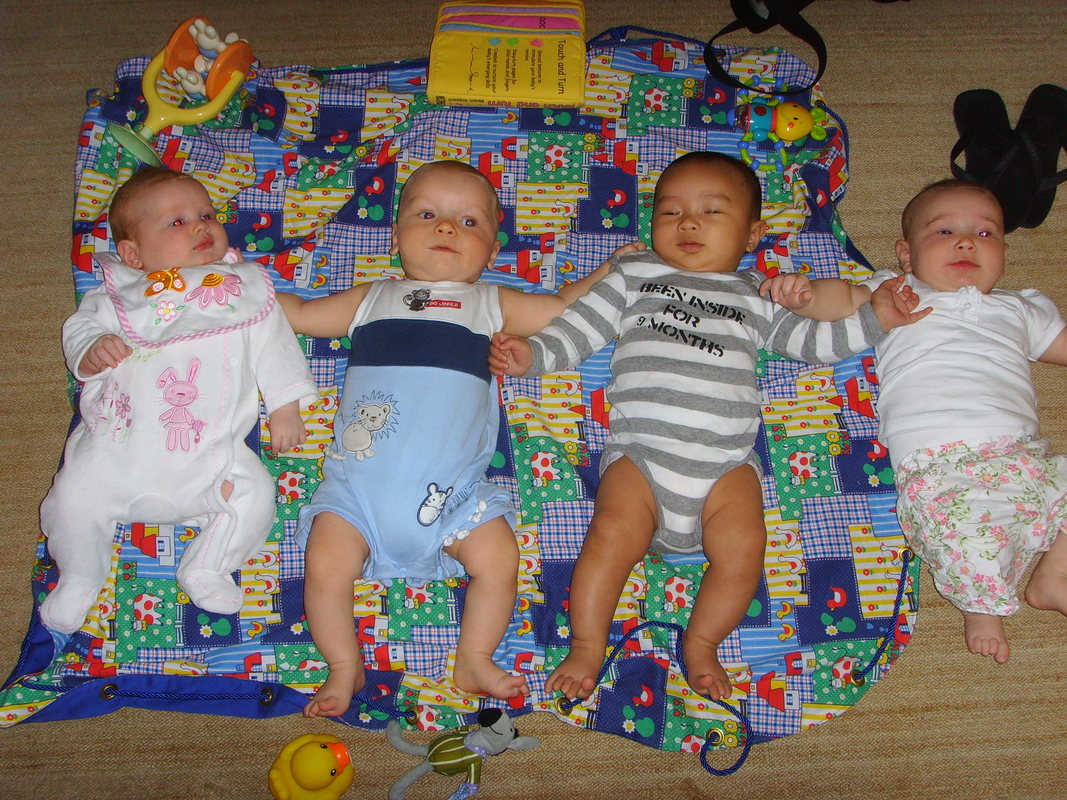
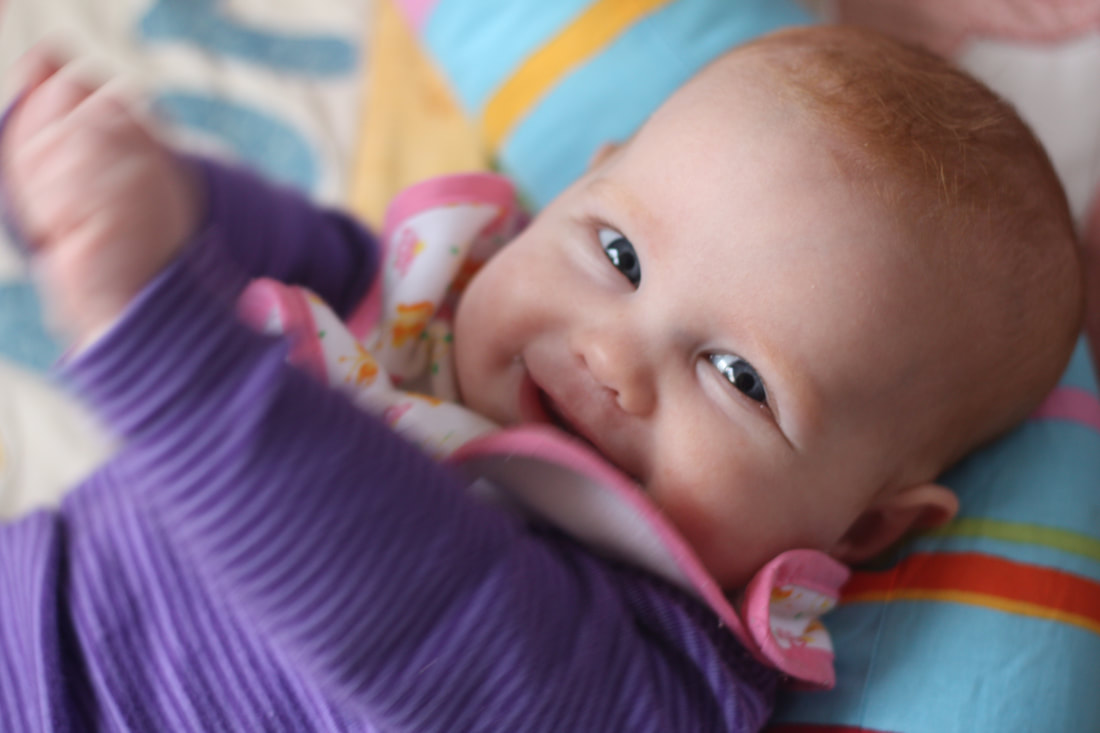

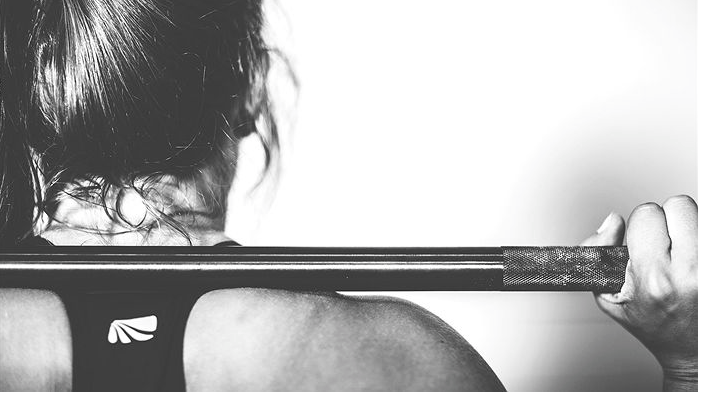
 RSS Feed
RSS Feed